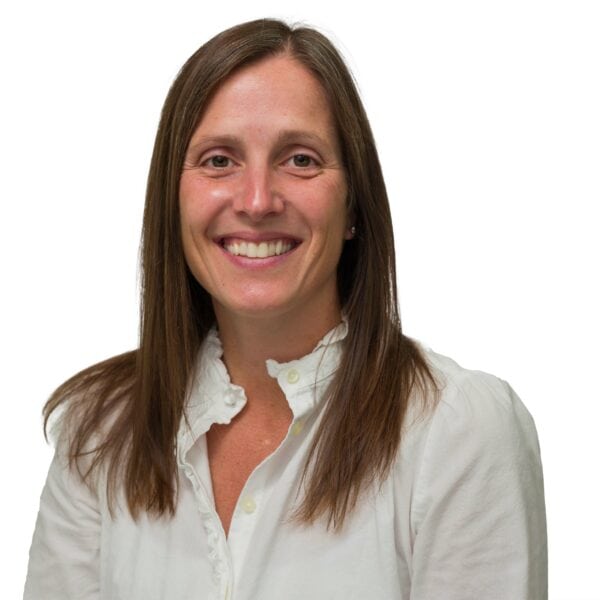Allison Madar is a humanities teacher at the Webb Schools. She lives in Claremont, California, and has been a member since 2012.

Allison Madar
Alma maters: BAs (history and biology), Kenyon College, 2001; MA (history), Rice University, 2009; PhD (history), Rice University, 2013
Fields of interest: early America, early modern Atlantic world, unfreedom, unfreedom and the law
Describe your career path. What led you to where you are today?
I started my teaching career in 2003 at Lake Forest Academy, an independent boarding school. After four years, I left to pursue my PhD, at which time I fully intended to return to the high school classroom upon completing my degree. While in graduate school I was lucky enough to work at theJournal of Southern History, where I gained valuable editing skills and even served as the book review editor for six months. Over the course of my graduate school career, I decided that I would consider jobs in secondary education as well as editing and higher education.
Upon graduation, I took a job with thePapers of Thomas Jefferson: Retirement Series and was an adjunct professor at Piedmont Virginia Community College. While there, the American Historical Review posted a job for a new book reviews editor, and I could not pass up the opportunity. So I moved to Bloomington, Indiana, revamped the book review process, and worked closely with the graduate editorial assistants. I thoroughly enjoyed my time in this position but was still eager to get a tenure-track position. I applied for and got a job at California State University, Chico, and spent three years as their early Americanist before moving on to a tenure-track position at the University of Oregon. In both of these positions, what I loved most was the teaching and the opportunities—although few and far between—where I could connect with students and hone their passion for history.
During the pandemic, I started to think about my career path and what I really wanted to achieve. I thoroughly love my research and the opportunity to engage with smart and thoughtful colleagues, but what I love most is not only helping students develop their skills as thinkers and students of history but also being able to witness the development not over the course of one semester or quarter, but over several years. I left academia after the 2020–21 school year and took a job at an independent school in northern California, and am now at the Webb Schools in Claremont, California. The decision to leave academia was not an easy one, and it has taken some getting used to, but the relationships I have formed with students in the classroom, in the dorms, and in various athletic spaces have been invaluable. In addition, I have been supported at every turn to continue my academic pursuits and to bring my own research and expertise into the classroom.
What projects are you currently working on?
I am working on two book projects. My book examining servants in slaveholding Virginia from Bacon’s Rebellion to the American Revolution is under contract with the University of Virginia Press’s Early American Histories Series. And I am also co-editing a collection of essays with Jared Hardesty titled Unfreedom in the Early Modern Atlantic World (under contract with Routledge).
What’s the most fascinating thing you’ve ever found at the archives or while doing research?
I don’t know if it is the most fascinating, but the most valuable sources I have found in the archives are the contracts of indenture at the center of my book project. I encountered them for the first time on my first research trip to London in December 2010, and despite being sure to take photos of every last extant contract from the 18th century, I have returned to the London Metropolitan Archives several times to revisit the originals. What has been most exciting is when I then find those same people in the court records or newspapers of Virginia, which, unfortunately, has only happened a handful of times.
Why is membership in the AHA important to you?
My AHA membership is important to me because it is something that I have been able to take with me from job to job, career shift to career shift. I feel just as supported as a high school teacher as I did as a tenure-track professor.
AHA members are involved in all fields of history, with wide-ranging specializations, interests, and areas of employment. To recognize our talented and eclectic membership, Perspectives Daily features a regular AHA Member Spotlight series.
This work is licensed under a Creative Commons Attribution-NonCommercial-NoDerivatives 4.0 International License. Attribution must provide author name, article title, Perspectives on History, date of publication, and a link to this page. This license applies only to the article, not to text or images used here by permission.



